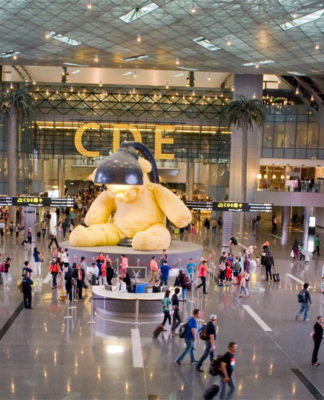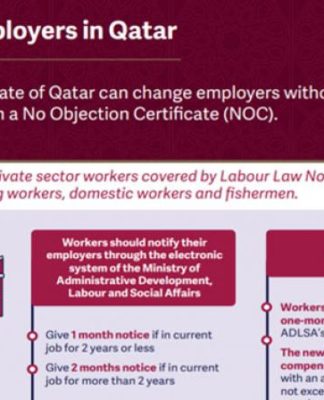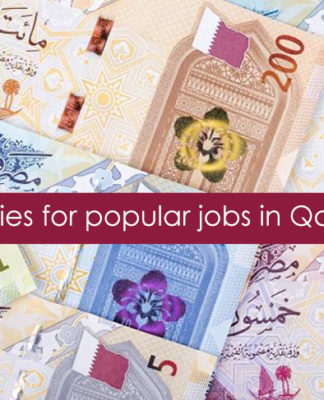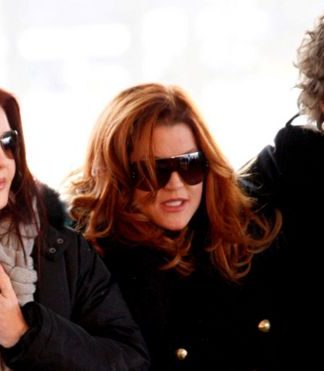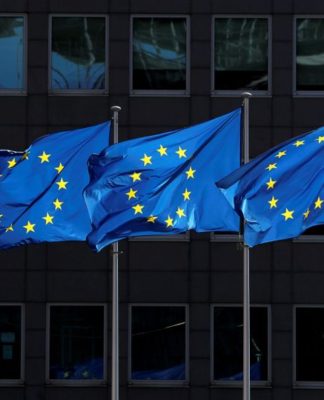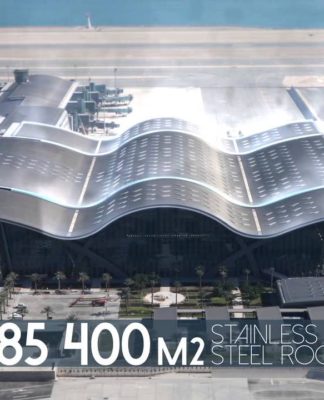EUROPE
EU aims at Kremlin’s revenues with cap on Russian oil price
The European Union is joining the Group of Seven in implementing a price cap on crude oil from Russia. The idea is that it should be applied as globally as possible to restrict the Kremlin’s revenues.
An oil refinery in Moscow
Measures would limit banks, insurers and shippers in dealings with Russian gas
In order to limit the flow of revenues to President Vladimir Putin’s war chest, the European Union intends to ensure that Russia can only export oil via tanker at discounted prices. All oil exports, including to China and India, would be affected by this measure, which follows a similar decision by the Group of Seven (G7) in the summer. The European Union has included a price cap in its eighth sanctions package since Russia invaded Ukraine in February.
How will the maximum limit be implemented?
Starting December 5, EU and G7 countries will ban banks from financing the purchase and sale of Russian oil, insurance companies from insuring shipments, and ports from unloading oil transported by tanker if it is traded at a higher price than that fixed by the European Union. The embargo on all services related to oil exports is intended to make shipping almost impossible.
How high will the price cap be?
According to the European Commission, concrete numbers have yet to be determined. However, the EU executive body estimates that the price would have to be considerably below the current market rate and closer to what Russia was getting before invading Ukraine. EU member states are still negotiating and have yet to vote for or against the embargo.
Will Russia still be allowed to export oil?
Yes. As of December 5, the ban on imports of Russian oil supplied by tanker will apply only to EU and G7 members. Other countries would still be able to buy Russian oil but only at the fixed maximum price.
An oil refinery in Russia with the German and Russian words for friendship
Poland, Germany and the Czech Republic receive Russian oil via the Friendship pipeline
Would EU ships still be allowed to transport Russian oil?
Countries with large tanker-shipping companies such as Greece, Cyprus and Malta, have been able to ensure that ships would be allowed to continue transporting oil if it is traded at the capped price. EU ships that sail the world’s oceans under flags of convenience, such as those of Panama or Liberia, will also have to comply with the sanction. The EU and the US are trying to put pressure on countries that allow this practice, and could eventually impose sanctions on them if they are not more cooperative with the measures sanctions against Russia.
What about the Balkan oil supply?
Russian oil for Serbia and other countries in the Balkans is currently unloaded in the EU member state Croatia as Serbia does not have a seaport. If the embargo goes through, this would in theory no longer be permitted starting December 5. Though it is an EU candidate, Serbia has not joined the sanctions against Russia. The European Union will have to decide whether Croatia can continue to supply oil to Serbia and other Balkan states. Either way, the price cap would have to be respected.
Infographic about fluctuating price of oil
What about Russian oil delivered by pipeline?
There will not be an embargo on pipeline oil as Hungary, the Czech Republic and Slovakia currently received their oil via the Druzhba, or Friendship, pipeline from Russia. Though Poland and Germany also have access to oil via this pipeline, they will both voluntarily refrain in future, to limit Russian profits. The price cap will not apply to pipeline oil.
Infographic on most important buyers of Russian oil
What reactions have there been?
Russia has sharply criticized the European Union’s price cap and already announced that it will not supply oil to any countries that apply the price cap.
“Such a tool disrupts all market mechanisms and can have a very detrimental effect on the global oil industry,” Russian Deputy Prime Minister Alexander Novak said on state television.
At an energy industry event in London, Patrick Pouyanne, the CEO of the French oil company Total, also warned against the price cap. “I think it’s a bad idea, in fact,” he said. “It’s a way to give leadership back to Vladimir Putin, in fact, and I would never do that.”
This article was translated from German.
Date 07.10.2022
Author Bernd Riegert
Related Subjects Dmitry Medvedev, OPEC (Organization of the Petroleum Exporting Countries), Russia, Russia’s partial mobilization, European Union (EU), G7, UN Permanent Security Council, War in Ukraine
Keywords Russia, EU, G7, price cap, oil, sanctions, crude oil
Feedback: Send us your feedback.
Print Print this page
Permalink https://p.dw.com/p/4Hrn6



















